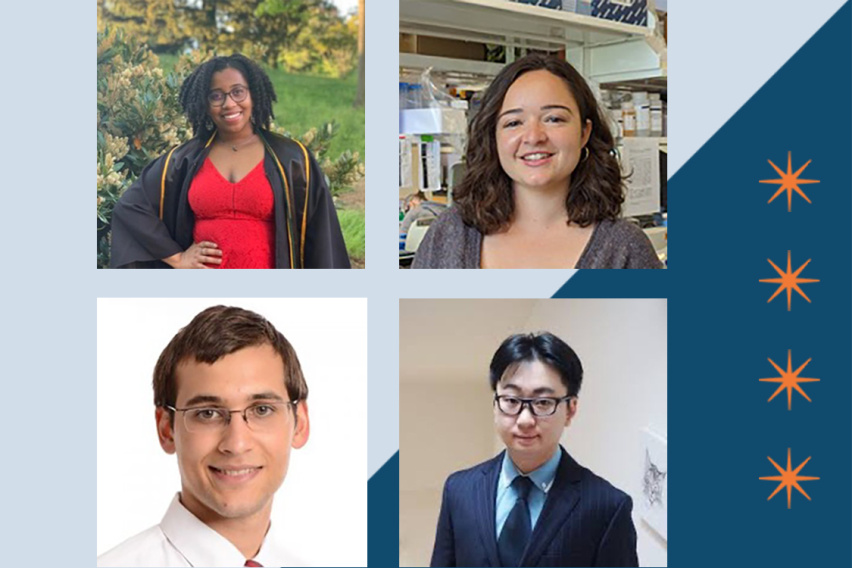Gray Foundation
August 10, 2023
Angela Belcher will lead one of seven teams supported by the Gray Foundation for the study of new approaches for prevention, early detection, and interception of BRCA-related cancers. Other teams selected will be led by Joan Brugge (Harvard Medical School), Dipanjan Chowdhury (Dana-Farber Cancer Institute), Amy Degnim (Mayo Clinic), Shawn Demehri (Massachusetts General Hospital), Judy Garber (Dana-Farber Cancer Institute), and Kenneth Olive (Columbia University). The grants are part of the foundation’s ongoing Team Science program, which funds innovative BRCA-related collaborative research.
The Gray Foundation’s Mindy and Jon Gray commented: “As we double down on our Team Science program, it is our fervent hope that families have far better options than exist today. We are inspired to support this cutting-edge research across institutions as we continue to make progress in early detection, prevention, and interception of BRCA-related cancers.”
